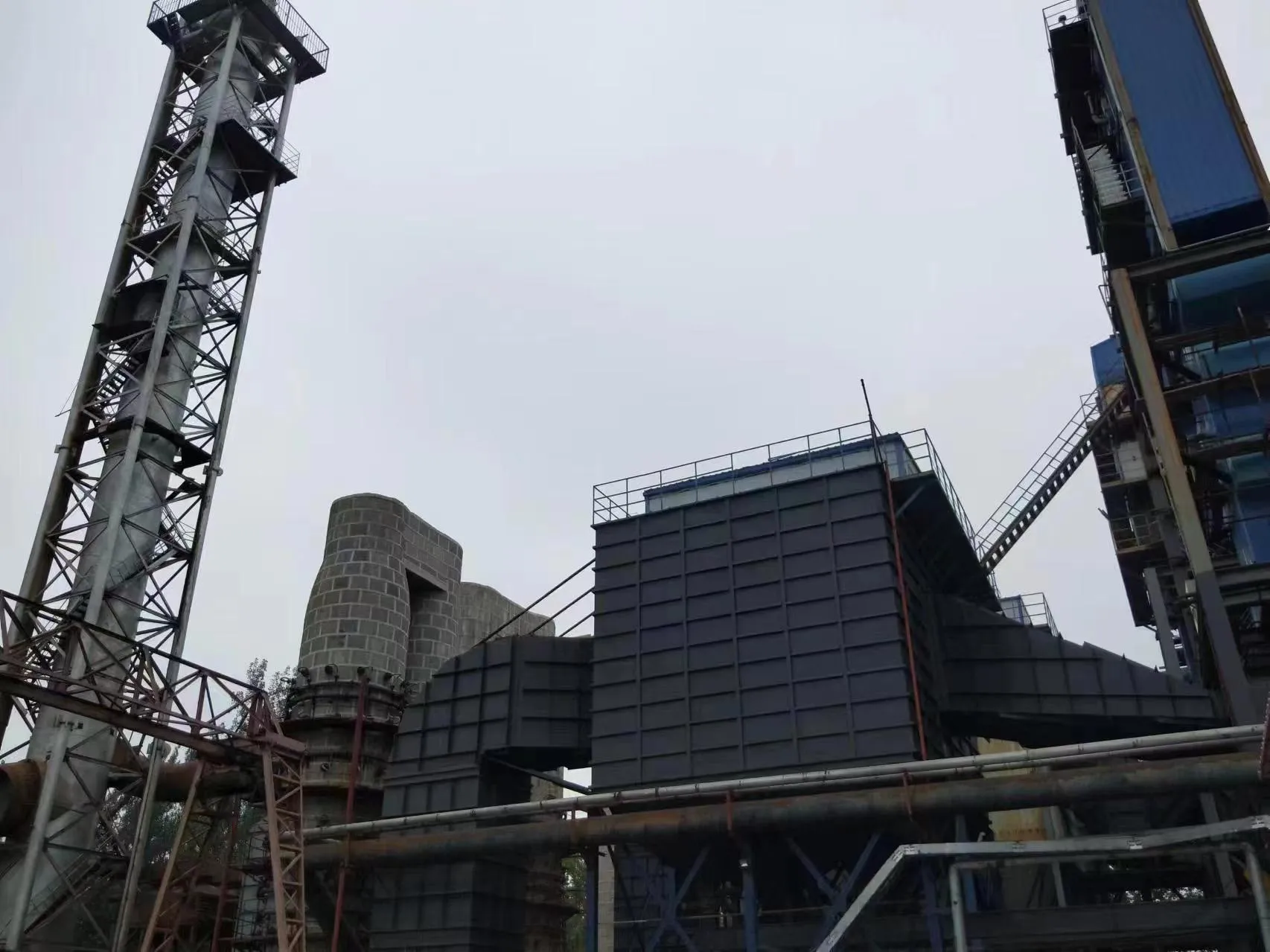
أكتوبر . 23, 2024 11:13 الرجوع للقائمة
Biomass Fired Hot Water Boilers: A Sustainable Solution for the Future
In the quest for cleaner, more renewable energy sources, the concept of biomass fired hot water boiler has emerged as a game-changer in the heating industry. These innovative systems harness the power of organic matter to produce heat, offering a viable alternative to traditional fossil fuel-based heating methods. In this blog post, we delve into the intricacies of what a biomass boiler is, how biomass heating works, what materials can be burned, the fundamentals of its operation, and the overarching benefits of implementing a biomass heating system.
 What is a Biomass Boiler?
What is a Biomass Boiler?
At its core, a biomass fired hot water boiler is a specialized device designed to convert biomass, a type of renewable energy source derived from organic matter, into heat or both heat and electricity. Biomass can encompass a wide range of materials, including wood chips, pellets, agricultural residues like corn stover or wheat straw, energy crops, animal waste, and even urban waste like sewage sludge. These materials, when burned under controlled conditions, release stored chemical energy in the form of heat.
What is Biomass Heating?
Biomass heating refers to the process of utilizing biomass fuels to generate heat for various applications, such as space heating, hot water production, and even industrial processes. It's a form of renewable energy utilization that mimics natural processes of decomposition and combustion, but in a more efficient and controlled manner. Biomass heating systems, including the biomass fired hot water boiler, offer a sustainable and environmentally friendly way to meet heating demands, reducing reliance on fossil fuels and mitigating greenhouse gas emissions.
What Can You Burn in a Biomass Boiler?
The versatility of biomass lies in its diverse range of fuel sources. Almost any organic matter that can be sustainably sourced and efficiently combusted can be used in a biomass boiler. Commonly burned materials include:
- Wood Products: Wood chips, pellets, logs, and sawdust are popular choices due to their wide availability and high energy content.
- Agricultural Residues: Crops like corn stover, wheat straw, rice hulls, and sugarcane bagasse, leftovers from farming activities, can be repurposed as fuel.
- Energy Crops: Dedicated energy crops like miscanthus, switchgrass, and willow, grown specifically for biomass production, offer high yields and low environmental impact.
- Animal Waste: Manure and other animal byproducts, when processed, can become valuable biomass fuels.
- Urban Waste: Selectively processed municipal solid waste, sewage sludge, and food waste can also contribute to biomass heating.
What Do Biomass Boilers Run On?
The biomass fired hot water boiler operates on the principle of combustion, similar to traditional fossil fuel boilers. However, instead of burning coal, oil, or gas, they utilize biomass fuels. The process begins with the feedstock being fed into the boiler's combustion chamber, where it's ignited and burned at high temperatures. This combustion process releases heat, which is then captured and transferred to water circulating through the boiler's heat exchanger. As the water absorbs this heat, it boils, converting into steam or superheated water, depending on the system's design. This steam or hot water is then distributed through a piping system to provide heating for residential, commercial, or industrial applications.
What is a Biomass Heating System?
A biomass heating system encompasses the entire setup required to generate and distribute heat using biomass fuels. It typically comprises the following components:
- Biomass Boiler: The heart of the system, responsible for converting biomass fuel into heat.
- Fuel Handling and Storage: Mechanisms for safely storing and feeding fuel into the boiler, ensuring continuous operation.
- Ash Removal: Systems for handling and disposing of ash, a byproduct of combustion.
- Heat Distribution: Piping and insulation systems that transport the generated heat to where it's needed, such as radiators, underfloor heating, or hot water tanks.
- Control Systems: Advanced electronics that monitor and regulate the boiler's operation, optimizing performance and efficiency.
- Emissions Control: Devices like particulate filters and scrubbers to minimize environmental impact by reducing harmful emissions.
Benefits of Biomass Heating Systems
- Renewable and Sustainable: Biomass fuels are replenished naturally through photosynthesis or agricultural practices, making them a truly renewable energy source.
- Reduced Carbon Footprint: Compared to fossil fuels, biomass combustion emits significantly lower levels of carbon dioxide, as the carbon released during combustion is part of a closed-loop cycle.
- Energy Security: Reliance on locally sourced biomass reduces dependency on imported fuels, enhancing energy security.
- Economic Benefits: Biomass fuels often have lower transportation costs and can create jobs in rural areas through agriculture and waste management.
- Waste Reduction: By utilizing agricultural and urban waste as fuel, biomass heating systems contribute to waste reduction and circular economy principles.
- Versatility: The diverse range of fuel options allows for customization and adaptation to local resources.
أطلقت الكتلة الحيوية غلاية الماء الساخن represents a promising future for sustainable heating solutions. By harnessing the power of renewable biomass fuels, these systems offer a clean, efficient, and economically viable alternative to traditional heating methods. As we continue to grapple with the challenges of climate change and energy security, investing in biomass heating systems becomes not just a viable option but a necessary step towards a greener, more sustainable future. With ongoing advancements in technology and increasing awareness about the benefits of renewable energy, the potential for biomass heating to revolutionize the heating industry is truly boundless.
-
Types of coal fired steam boiler: Efficient & Low Emissions
أخبارNov.17,2025
-
Types of Coal Fired Steam Boiler | Efficient & Reliable
أخبارNov.17,2025
-
Reliable Steam Boiler Supplier for Industrial Solutions
أخبارNov.17,2025
-
Coal Fired Hot Water Boiler | High Efficiency & Durable
أخبارNov.17,2025
-
Reliable Industrial Steam Boiler Manufacturers for Efficient Operations
أخبارNov.17,2025
-
Commercial Steam Boilers for Sale - Efficient, Gas & Oil
أخبارNov.17,2025
متعلق ب منتجات






















